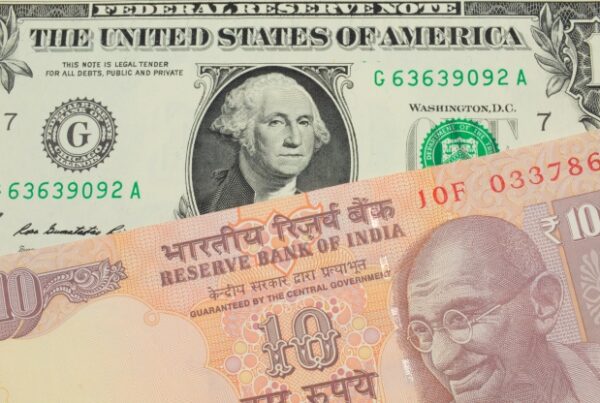
The implications and challenges for corporates facing a new world of ratings.
Full implementation of China’s corporate social credit system (SCS) is slated for the end of 2020—a reality with huge implications for multinationals doing business in the country. And that means more work for many CFOs and finance teams.
- CFOs are often in charge of coordinating the final reporting of data provided by multiple areas of the company and ensuring there is no conflicting information. They’re also responsible for updates, the remediation of incorrect or invalid reporting, and follow-up with various agencies. It’s a huge job.
Members of the NeuGroup’s Asia CFOs’ Peer Group got a helpful reality check on what corporate social credit ratings mean for them during a recent presentation by Björn Conrad, CEO of the China consulting firm Sinolytics.
The presentation included information from a study published in 2019 by Sinolytics and commissioned by the European Chamber of Commerce. In it, Chamber president Jörg Wuttke writes, “For better or worse, China’s corporate SCS is here to stay and businesses in China need to prepare for the consequences, and they need to start now.”
The good news. It’s not too late to prepare. Sinolytics says “implementation gaps” will give companies time to make the necessary internal adjustments to manage their regulatory ratings and engage with government authorities on concerns, but notes that inquiries need to be detailed, concrete and technically precise. Corporate leaders need to:
- Understand exactly what the system requires from the business.
- Assess where their company stands regarding the requirements—and identify gaps.
- Design and implement effective internal adjustments.
- Continuously monitor further developments of the corporate SCS.
Hard facts. The corporate SCS assesses the behavior of companies through topic-specific regulatory ratings (e.g., tax, customs, environmental protection and product quality) and a parallel set of compliance records (e.g., anti-monopoly cases, data transfers, pricing and licenses). These ratings will be made public, meaning a company’s customers, suppliers and competitors will have access to information that may cause data privacy issues that are not yet resolved.
Sinolytics says:
- The system covers virtually all aspects of a company’s business in China. A multinational is subject to approximately 30 different regulatory ratings—many industry-specific— and compliance records, most of which have already been implemented.
- Each rating is computed based on a set of rating requirements. In total, an MNC can expect to be rated against approximately 300 such requirements.
- Some requirements create strategic challenges for companies, including those relating to the behavior of business partners such as suppliers and service providers. This burdens companies with the responsibility of monitoring their partners’ trustworthiness.
- The corporate SCS uses real-time monitoring and processing systems to collect and interpret big data, which allows immediate detection of compliance and determines a company’s social credit score.
Ratings reality. Sinolytics says algorithm-based ratings of companies will have direct consequences after the collected data is processed and rated against the defined requirements. A good rating leads to rewards and a negative performance is sanctioned.
- Carrot: High corporate SCS scores can mean fewer audits (e.g., taxes, safety), better credit conditions, easier market access and more public procurement opportunities for corporates.
- Stick: Low scores mean the opposite of the above, and for every
negative rating, there’s already a set of sanctions in place, Sinolytics says.
- Sanctions include penalty fees, court orders, higher inspection rates, targeted audits, restricted issuance of government approvals (e.g., land-use rights and investment permits), exclusion from preferential policies (e.g., subsidies and tax rebates), restrictions from public procurement, as well as public blaming and shaming. And don’t forget blacklisting. Sanctions can even personally affect the legal representative and key personnel of a company.
Will the system create a more level playing field?
Sinolytics says yes—in principle. “The requirements and consequences of the Corporate SCS apply to all companies registered in China, regardless of ownership structure. This might in fact translate into an advantage for international companies vis-à-vis their Chinese competitors, as many international companies feature more advanced internal compliance structures,” the study says. However, Sinolytics has these caveats:
- The field may be more level but the game played on it will be more difficult and controlled than before.
- The system has the potential for discriminatory use toward international companies as there is no guarantee that the ratings cannot be applied in a biased way, targeting specific companies with greater scrutiny.
- Some of the rating requirements apply to all market participants but are more difficult for international companies to fulfill. “This appears to be the case for the State Administration for Market Regulation’s blacklisting mechanism for ‘heavily distrusted entities,’ which makes the SCS useable in trade conflicts.”
- Chinese companies might have an advantage in navigating the intricacies of the system, and that’s potentially enhanced by better information flows from government authorities.


